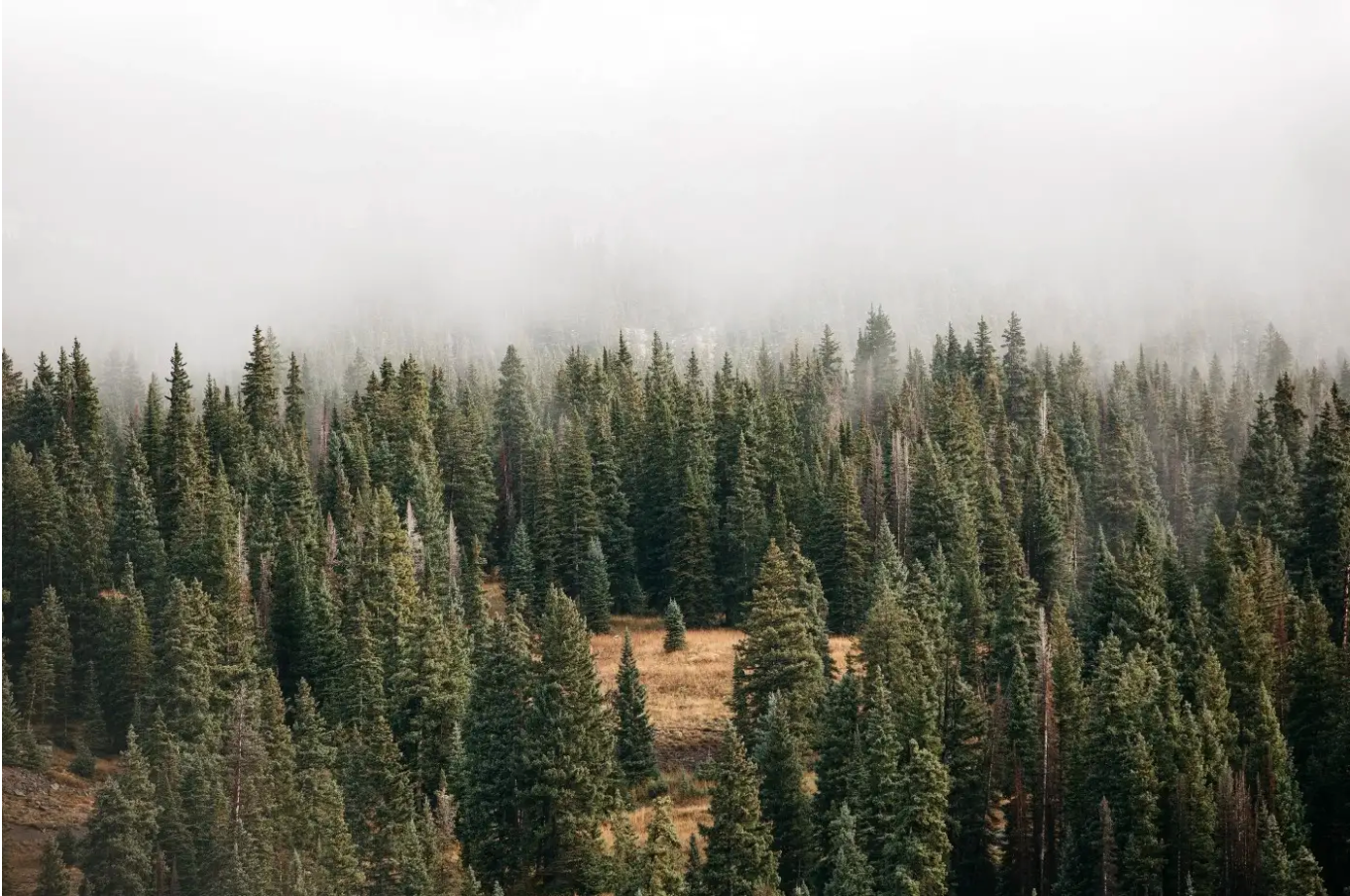Dear people, the cult of busy is killing us
Let’s quit this cult and do something better with our lives.
Oh my. We all know we are distracted. Our attention is being stolen by addictive devices. Our calendars are stacked. We’re oh “so busy.”
I checked in with two friends this week to see how they were. Both told me they were “busy.” I have no idea how they actually are. My guess is that they are truly busy, that they are running from one thing to the next. I’m betting that they don’t have time to stop and think about much. Or maybe their minds are racing as they race around. But busy is an easy answer. A non-answer. An excuse.
Busy is a great avoidance technique. Just like any other; alcohol, drugs, video games, tv, interpersonal dramas. Busy distracts us and helps us to avoid the hard work of being present.
The hoax of the cult of busy is that it makes us feel valuable, productive, purposeful. We are getting shit done. When we tell our friends how busy we are, we feel important. It’s a choice drug. Seems as though there are no drawbacks.
But there are drawbacks. The busy train keeps us from being present in our lives and with those we love. It keeps us from doing the hard work that needs to be done to create meaningful change— be it personally or professionally.
Cults woo people. They take advantage of their vulnerabilities, tell them there is something to calm their feelings of disease and unrest. They prey on people who are seeking something to ease their pain. Cults take from people, slowly, gradually until they don’t know they’ve been taken; until they are asked to drink the Kool-Aid and do it because they are so far gone.
Lately, we’ve seen an uptick in people’s interest in cults. Wild Wild Country on Netflix. Dear Fraklin Jones on Stitcher. Could it be that subconsciously we know we are in a predicament?
Slowly but surely, we’ve been wooed, promised a better life. We believe the technology and busywork are advancing us, helping us connect with others, advancing our sciences, democratizing opportunity, creating a global economy. But is it? Or is it a ruse?
Something is being stolen from us. Data for sure. But something bigger and more important is being stolen: Our attention. Our energy. We are numbing out with infinite scrolls and stacked calendars.
I worry that we are on the brink of being asked to drink the Kool-Aid. Or that we are drinking it and don’t know. That we are poisoning ourselves and one another every day and believing that we are up to something good.
I am a self-proclaimed optimist. And I do believe that good is stronger than evil. I believe that in the words of Anne Frank, “In spite of everything, people are really good at heart.” We want to be good and love one another and our mother, earth.
But it’s hard to have space for love and to do good when we’ve emptied all we’ve got to give into a deep, energy and attention sucking hole. We end up with nothing left to give to the things that matter to us in our lives and no will left to be the good people we are at heart.
One of the reasons I pursued my work doing Design Sprints is because I saw that the power of people, working together on a problem with focused attention was so much better than what happened during the day to day busy-train.
Recently, I have introduced a phone check into my Sprints. People check their phones into a basket at the start of the day. I can see the anxiety and relief that arises as they take this action. At home, my partner and I have started putting our phones into this box I ordered off of Etsy that sits on our dining room table.
I’ve started experimenting with analog days: no phone, no agenda.
The first step is to put down our screens and stop stacking our calendars. The second step is to get comfortable with the uncomfortable feeling of being present and doing the work; on our lives, in our relationships, at work.
I am committing to doing this more and more in my life. I hope you will join me.
Less screentime. Less busy. Less doing.
More analog. More freedom. More being.
Love to you and to our mother earth. Let’s be better together.


